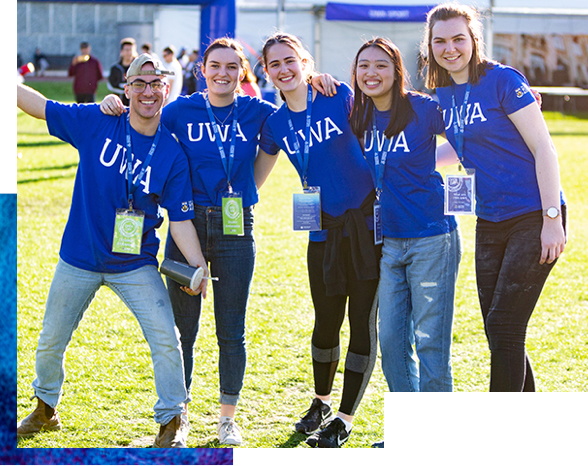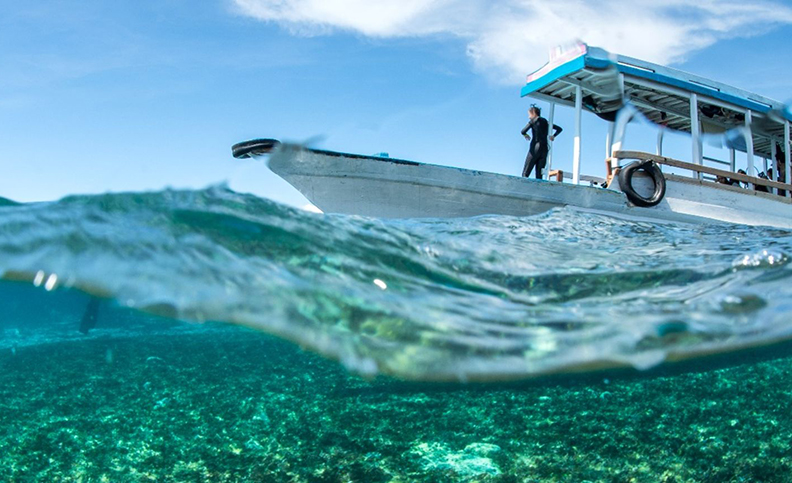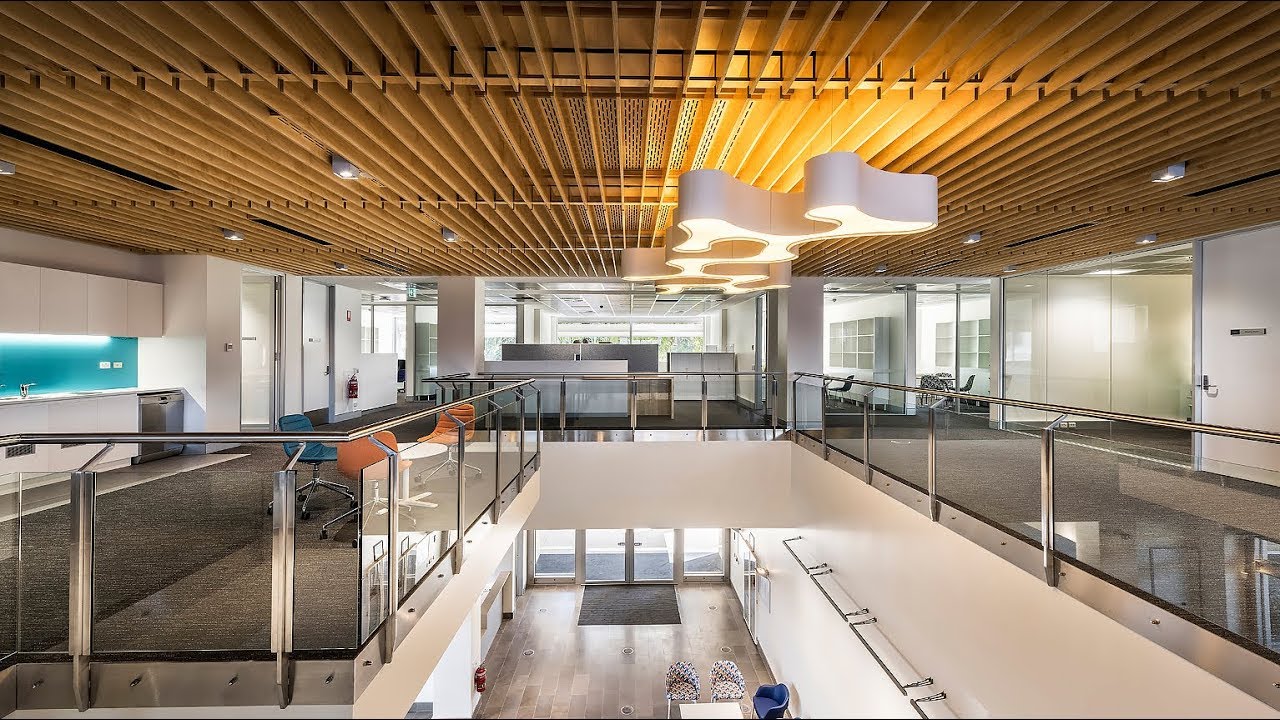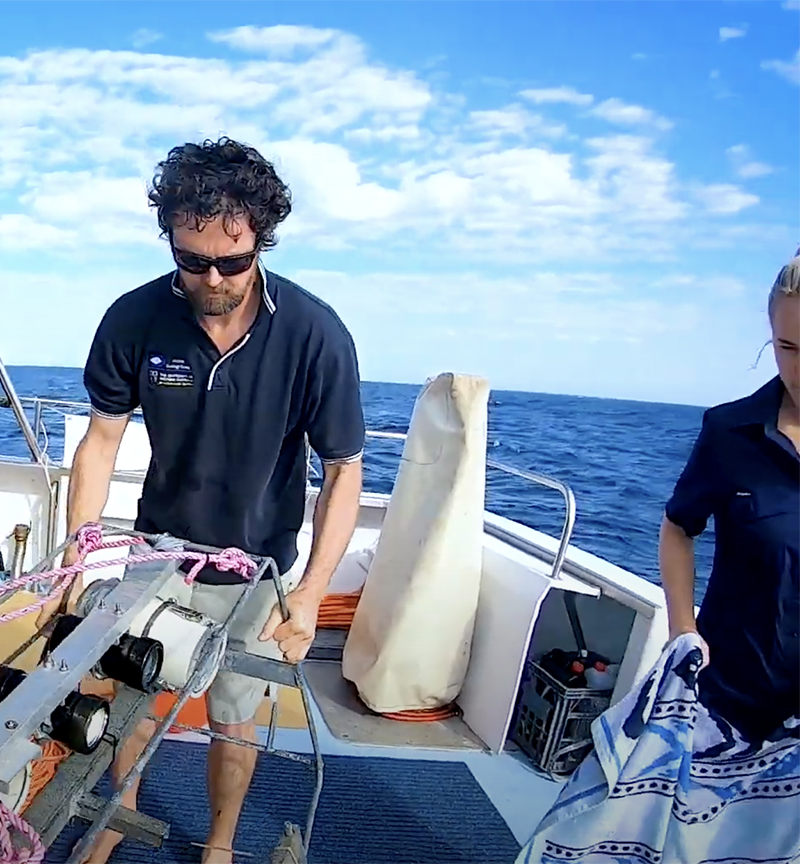Postgraduate
Master of Marine Biology (coursework or coursework and dissertation)
Contact us
Address
Student Central
The University of Western Australia (M355), 35 Stirling Highway, Perth, Western Australia 6009
Telephone
131 UWA (131 892)
International
(+61 8) 6488 1000
Hours
Frequently asked questions
Events you may be interested in
Show more eventsCareers and further study
Explore the career opportunities available to you.
Career Pathways
Specific job titles could include:
- Marine Biologist (researcher)
- Marine Consultant
- Marine Natural Resource Manager
- Marine Conservation Specialist
- Marine Science Communicator
- Environmental Scientist
- Fisheries Scientist
You might pursue a career in the following industries:
- Marine environmental consulting
- Government agencies
- Resource industry
- Marine renewables
- Aquaculture
- NGOs
- Academia
Fees and scholarships
Learn more about the fees that apply to you for this course.
Domestic Student Fees
For Commonwealth-supported places, student contribution amounts are charged by unit, based on area of study. For a fee estimate, go to the Fee Calculator and select “I want to price my units”. Fees are subject to annual indexation. Refer to the Handbook to identify the units required. More information on how fees are calculated.
Domestic Student Fees for Full-Fee Paying Places
If you're not eligible for a Commonwealth-supported places, you will be charged a for Full-Fee Paying place. For Full-Fee Paying places, students are charged an annual course fee, charged per credit point at a rate dependent on the course in which the student is enrolled. Annual course fees are calculated based on an annual study load.
Check the handbook to confirm the annual study load for your course. Visit the Fee Calculator and select your course type to find out more. Fees are subject to annual indexation. More information on how fees are calculated.
Scholarships
Scholarships are available to students from a diverse range of backgrounds, including academic achievement, financial need, educational disadvantage, leadership and community service, artistic or sporting achievements, and being from a rural or remote area.
Cost of living
International Student Fees
Onshore international students are charged an annual course fee, charged per credit point at a rate dependent on the course in which the student is enrolled. Annual course fees are calculated based on an annual study load. Check the handbook to confirm the annual study load for your course.
Find out more about international student tuition fees and visit the fee calculator for the relevant course fees.
Fees are subject to annual indexation.
Scholarships
Scholarships are available to students from a diverse range of backgrounds, including academic achievement, financial need, educational disadvantage, leadership and community service, artistic or sporting achievements, and being from a rural or remote area.
Cost of living
Admission requirements
If you’re interested in furthering your career by studying this postgraduate course, find out the admission details below
Admission Requirements
(a) a Bachelor of Science, or an equivalent qualification, as recognised by UWA;
and
(b) the equivalent of a UWA weighted average mark of at least 50 per cent;
and
(c) successfully completed prior tertiary study in —marine science or marine biology; or in a related cognate discipline as recognised by UWA.
Ranking and Selection Process
English competency
English is the language of instruction and assessment at UWA and you will need to meet the English language requirements of the University to be eligible for a place.
Minimum overall IELTS score of 6.5, with no band less than 6.0.
How to apply

Ready for the next step?
Find out how to apply through our simple online application process.
We'll guide you through our entry requirements, admission pathways available to you and application deadlines for your chosen course.
We can’t wait for you to join us!
Course details
About the course
Quick details
- Available
- Perth (Crawley campus)
- Full-time
- Part-time
- On-campus
- Semester 1, Semester 2
- Postgraduate
- 74540
- 107725G
Work Integrated Learning
Gain industry knowledge, develop career-ready skills, and network with industry professionals
Course structure
Postgraduate coursework degrees and combined (coursework and research) degrees comprise a number of units. Refer to the course structure for more information.
Why study this course
- UWA is the only university to offer a master's level Marine Biology degree, with both 'coursework + research' and coursework only' pathways.
- You will have access to world-leading facilities at the Indian Ocean Marine Research Centre (IOMRC) and will be learning from internationally recognised experts to help give you the best opportunities to kick start your career.
- We’ll provide you the environment to build technical skills and valuable connections through hands-on learning and exposure to modern analytical tools.
You'll learn:
- knowledge across physical, chemical, geological and biological interactions applied to coastal and ocean systems as well as important practical and problem-solving skills
- to become proficient in marine field data collection, data analysis techniques, including the use of industry-standard software
- a theoretical and practical understanding to apply to the challenges associated with managing our biodiversity and other marine resources.
Our academics

UWA Oceans Institute

The UWA Oceans Institute brings together the University’s multidisciplinary research strengths across areas including oceanography, ecology, engineering, resource management and governance to address key ocean challenges.
Indian Ocean Marine Research Centre

Purpose-built collaborative facility for marine science and ocean engineering research.



